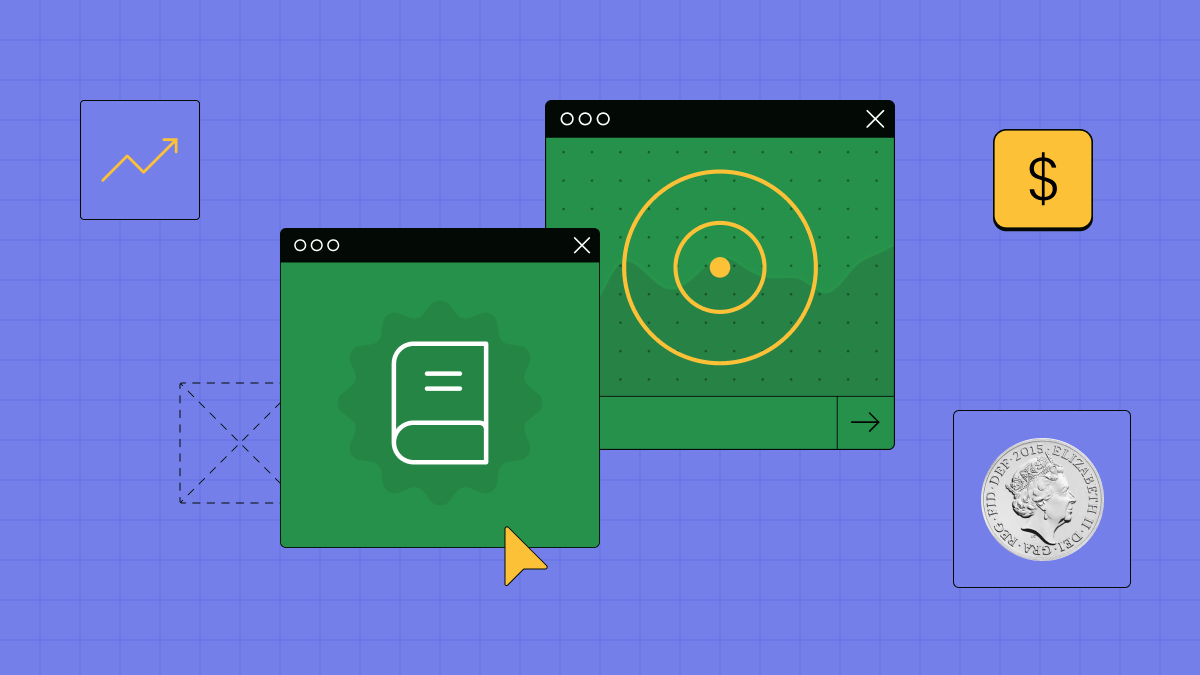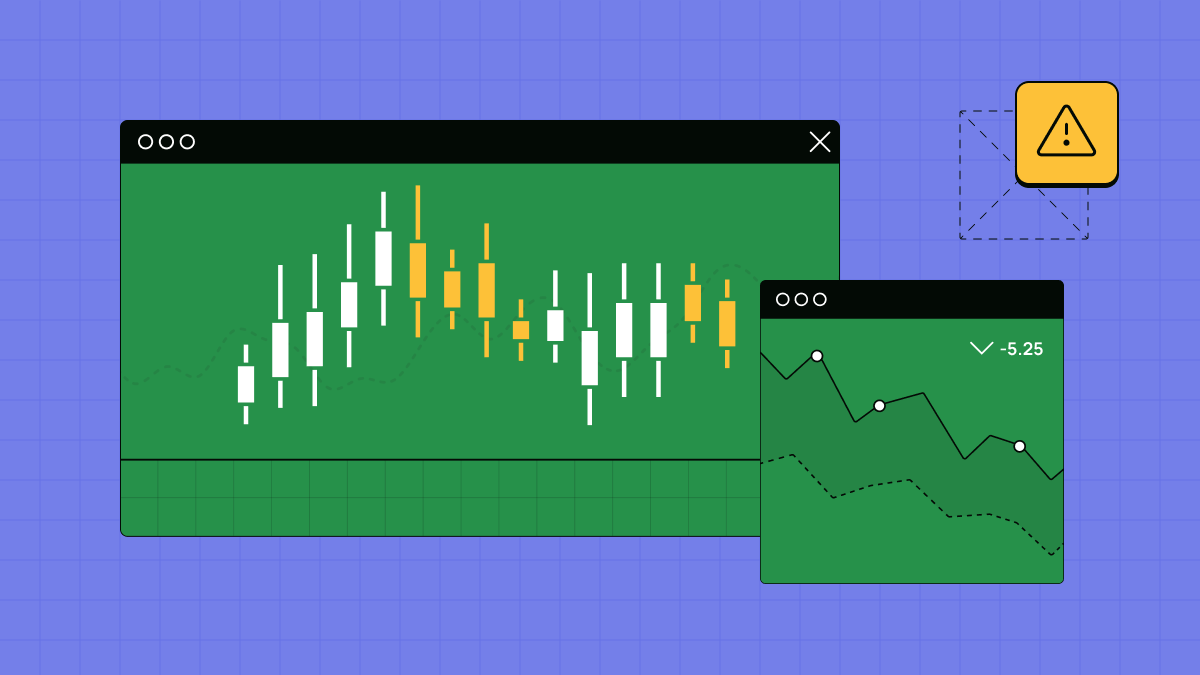
Pros and Cons of Leveraged Trading
Pros of Trading with Leverage
Capital Boost. Leverage boosts the capital available to invest in various markets. For instance, with a 1:100 leverage, you effectively have control of $100 000 in trading capital with only $1000, meaning you can allocate meaningful amounts to various trade positions in your portfolio.
Interest-Free Loan. Leverage is a loan provided by your broker to allow you to take a bigger position in the market. However, this ‘loan’ doesn’t come with any obligations in the form of interest or commission, and you can use it in any manner you wish when trading.
Mitigating Against Low Volatility. Market price changes usually occur in high and low volatility cycles, meaning that periods of low volatility can be particularly frustrating for traders because of the tiny price action. Thankfully, with trading with leverage, traders can potentially bank bigger profits even during these moments of low volatility.
Trading Premium Markets. Leverage makes it possible for average retail traders to trade some expensive instruments, which traders can't afford when using their own capital.
Cons of Trading with Leverage
Amplified Losses. The biggest risk when trading with leverage is that it amplifies losses when the market goes against you. Leverage may require minimal capital outlay, but losses can be substantial because trading results are based on the total position size you are controlling.
Margin Call Risk. ‘Margin Call’ occurs when floating losses surpass your used margin. Because leverage amplifies losses, there will always be an ever-present ‘margin call’ risk when you have open trading positions in the fast and dynamic financial markets.
Which Markets Can You Trade Using Leverage?
Forex Trading with Leverage
Forex trading involves buying and selling foreign currencies across the global market. Forex leverage ratios start relatively high compared to other markets at around 1:50, meaning that there is an increased opportunity for profit or loss, depending on how you look at it.
Forex traders monitor the currency movements in points, which is the slightest change in currency price. These movements are just fractions of a cent. For example, when a currency pair like the GBPUSD moves 1000 points from 1.95000 to 1.96000, just a 1-cent move in the exchange rate.
Therefore, currency transactions must be carried out in sizable amounts, allowing these minute price movements to be translated into larger profits. That’s why on Forex market trading results are magnified through leverage. When you deal with an amount such as $100 000, small changes in the price of the currency can result in significant profits or losses.
Stocks and indices (CFDs) with Leverage
A contract for difference (CFD) is a contract between a buyer and a seller that stipulates that the buyer must pay the seller the difference between the current value of an asset and its value at contract time. CFDs allow traders and investors to profit from price movement without owning the underlying assets, meaning a trader won’t get dividends for a stock you’ve bought. The value of a CFD contract doesn’t consider the asset's underlying value: only the price change between the trade entry and exit. Moreover, the best fact about CFDs is that this instrument provides higher leverage than traditional trading.
Commodities with Leverage
Using leverage is much more common with commodity trading than with stock trading. Commodities tend to be short-term investments, in contrast to stocks and other market assets where buying and holding for long term is more common.
In addition, you have more time to make trades with commodities because markets are open 24/5. With stocks, you primarily make trades during regular business hours, when the stock exchanges are available.
Overall, commodity trading is considered of higher risk and more speculative than stock trading, but it can also lead to larger gains.


